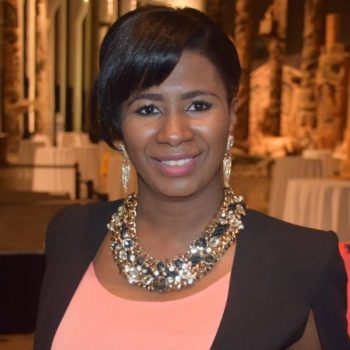
by Kecia Peters
I’m mourning these days.
I mourn because it’s the right thing to do.
I mourn because families deserve to know that someone out there shares the burden and wants to lighten up, even in the slightest, the weight they feel on their chest.
I mourn because I want to cry all the tears that I can sob for the 215 children found buried at the Kamloops residential school.
Death conquers everyone.
It’s the one thing we cannot escape. No matter who we are or how powerful or wealthy we are. It’s the level that balances everything.
It is, perhaps, the only part of life that should not scare us: we all will experience it. We all must die.
But then why death is so scary and so dreadful? Why do we all hate the thought of not being alive?
Because of others.
We don’t want to leave our loved ones, and they don’t want to lose someone dear.
Why we fear death?
Because of love.
Love conquers all.
So when we read about 215 children buried, we don’t just cry for them. We don’t just ask the cosmo why such cruelty towards young people.
We feel the pain of families, and we project our children into a hypothesis that makes us crumble to pieces.
That makes us understand the pain. Feel vulnerable: human.
We sympathise. As we should.
Because even with all our differences, we’re one.
United in diversity. United for all.
I’m mourning these days.
I mourn because it’s the right thing to do.
I mourn because families deserve to know that someone out there shares the burden and wants to lighten up, even in the slightest, the weight they feel on their chest.
I mourn because I want to cry all the tears that I can sob for this event, and then I want to fight for Justice.
I’ll be done mourning soon.
I want to be ready.
I want to help, in any way I can, to make schools, places and institutions more fair and just.
I cannot anymore listen to stories after stories of indigenous left out, blacks left out, strangers left out. I cannot bear another second of the whining of people who complain about the importance of their heritage whilst trying to eradicate every last piece of someone else’s cultures.
If none can be anymore held accountable for the cruelty of their ancestors I, We, must pretend in the least the sincere and genuine help from anyone in the civil, political and institutional society. And it’s clear enough that if you won’t stand for bettering the lives of those betrayed for centuries from our own country, you’re part of the problem.
Indigenous and other minorities were treated like inhuman who can be moved around like cattle and from whom can be withdrawn languages, cultures, way of life. Ignoring this reality or simply saying “It happened in the past” is being part of the problem.
Not being an active individual who demands a system fairer, horizontal, which consider the need of everyone, and not just white or rich people, is being part of the problem.
And if you’re part of the problem you must be, as well as those who did the original sin, held accountable.
If ancestors will be held accountable by history, you’ll be held by our society.
It’s really simple, really: one can be either part of the problem or part of the solution.
I vow to make everything I can to be part of the solution. Would you do the same?
It’s time to fight for a better society, and there will be no space for tears of compassion.
So cry out loud every last one of your sadness. Mourn for those kids.
And then join the fight for Change.
Things can be better. Things must be better. Things will be.
Let us all unite.
For those 215 children.
Ketcia Peters is an entrepreneur and community advocate for economic inclusion and development for Black Canadians and the social justice sector. Her firm, Ketcia Peters Group Inc. (KPG) provides bilingual organizational and human development services to the public and private sector. This includes analysis and coaching of HR practices, strategic planning, organizational change, equity and inclusivity, and anti-racism. KPG also provides individual and group coaching. In recent years, KP Group Inc. has shifted to greatly expand its equity, diversity and inclusivity work at the municipal and community level, with a focus on anti-racism and anti-oppression. This work centers on a trauma-informed approach in order to ensure we do not cause further harm to those most marginalized in our communities. Visit her website at: https://ketciapeters.com/
